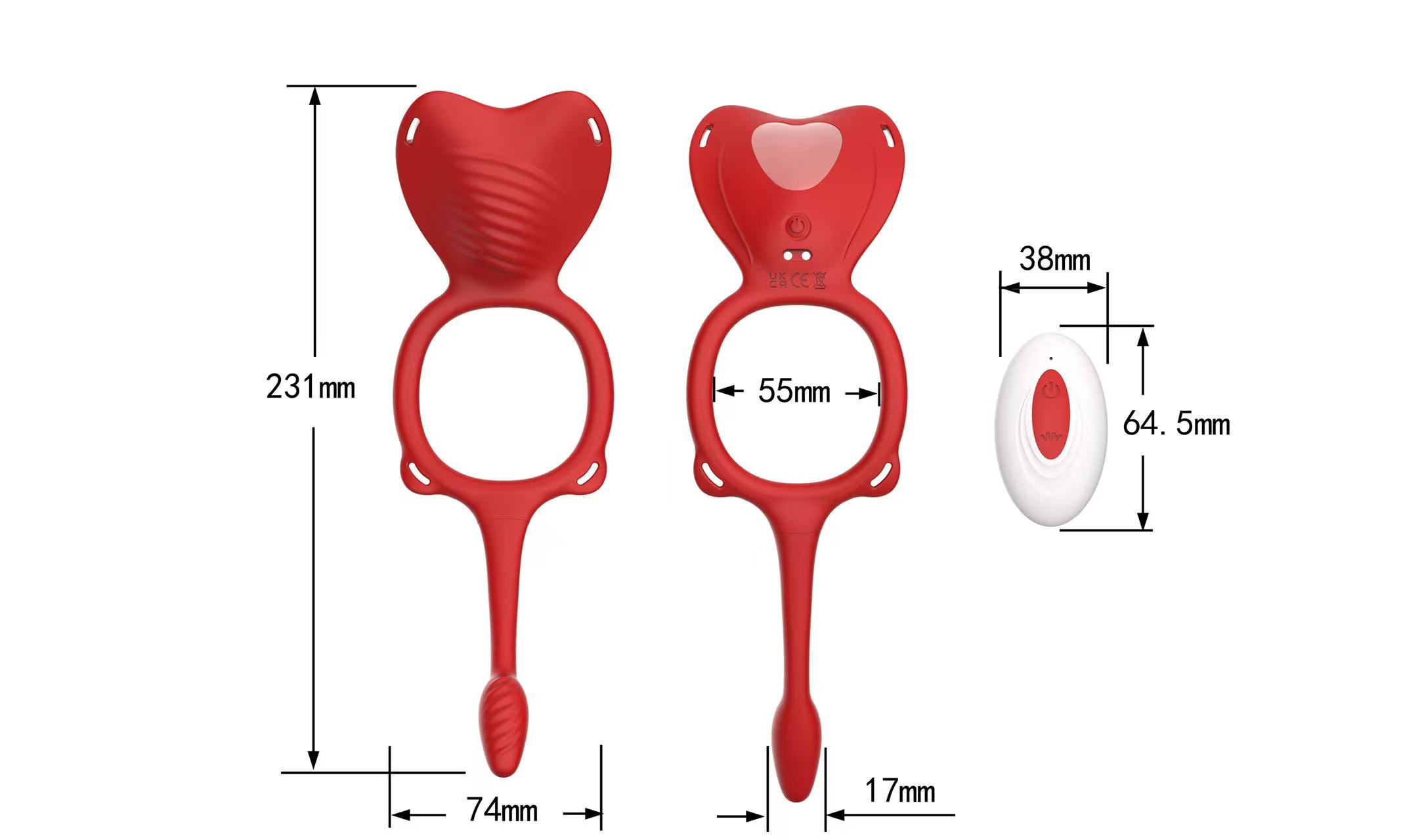About Us
What’s New in Germany’s Revised Sex Toy Safety Law
Views : 41
Update time : 2025-03-26 16:00:00
Key Compliance Tips for Businesses
Problem: Germany’s updated Sexual Devices Safety Act (SDSG 2024) introduces stricter regulations for adult products, creating confusion for retailers, wholesalers, and new entrants.Non-compliance risks fines up to €100,000, product seizures, and reputational damage.
Solution: This guide breaks down compliance essentials, aligns them with market trends, and answers critical questions to safeguard your business.
Germany’s SDSG 2024 Compliance Explained
Germany’s revised sex toy law, effective January 2025, prioritizes consumer safety by tightening material restrictions, labeling rules, and documentation requirements. Businesses must ensure products meet updated standards for phthalate-free materials, electrical safety (CE certification), and transparent labeling of allergens. Non-compliant inventory must be phased out by December 2024.Keep reading to discover actionable steps for adapting to these changes, avoiding penalties, and capitalizing on growing demand for eco-friendly, body-safe products.

7 Critical Questions About Germany’s Sex Toy Safety Law
1. What materials are banned under the new law?
Phthalates (DEHP, DBP, BBP): Prohibited in all insertable products (e.g., dildos, vibrators).Latex: Requires allergen warnings if used.
Nickel: Limited to <0.5μg/cm²/week in metallic components.
Alternatives: Medical-grade silicone (ISO 10993), ABS plastic, and stainless steel (316L grade) are recommended.
Reddit users frequently ask: “Are ‘jelly’ toys still legal?” Answer: Only if reformulated without phthalates and certified by TÜV or Intertek.
2. How does the law affect labeling and packaging?
Mandatory Disclosures:“Phthalate-Free” claim (if applicable).
CE mark + notified body ID (for electrically powered toys).
Warnings: “For external use only” if non-insertable.
Language: German-only labels; multilingual inserts allowed.
Sustainability: 80% of Quora users prefer recyclable packaging – consider kraft paper or biodegradable wraps.
3. What certifications are required?
CE Certification: Mandatory for vibrators, heating devices, or products with USB ports.REACH/RoHS Compliance: Proof of heavy metal (lead, cadmium) and phthalate testing.
ISO 13485: Not legally required but boosts buyer trust for medical-grade products.
Pro Tip: Work with labs like SGS or Bureau Veritas for faster EU-wide approvals.
4. How to verify supplier compliance?
Request 3rd-party test reports dated post-2023.Audit factories for ISO 9001 or GMP certifications.
- Use blockchain traceability tools (e.g., IBM Food Trust) for material sourcing transparency – a growing demand per Google Trends.
5. What penalties apply for violations?
Fines: €10,000–€100,000 per non-compliant product batch.Bans: 2-year market exclusion for repeat offenders.
Reputational Risk: Non-compliant brands are listed on the German Federal Institute for Risk Assessment (BfR) website.
6. How are online sales impacted?
Age Verification: Implement robust checks (e.g., PostIdent) to avoid underage sales.Privacy: GDPR-compliant data handling for discreet shipping (a top concern in 78% of Reddit polls).
Marketplaces: Amazon DE and eBay Kleinanzeigen now require SDSG 2024 compliance proofs.
7. What trends align with the new law?
Body-Safe Demand: 62% of German consumers pay premiums for non-toxic toys (Statista 2023).Eco-Consciousness: Offer recycling programs for old products.
Discreet Design: Compact, non-phallic shapes gain popularity on TikTok/Instagram.
Conclusion
Germany’s SDSG 2024 reshapes the adult product market by prioritizing safety and transparency. By adopting phthalate-free materials, securing certifications, and aligning with eco-trends, businesses can turn regulatory challenges into competitive advantages.
相关新闻




